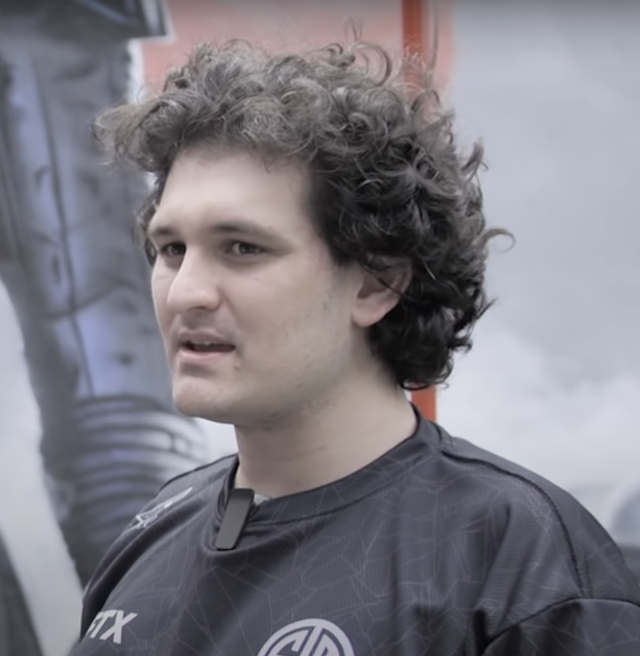Sam Bankman-Fried, the disgraced founder of the now-defunct FTX cryptocurrency exchange, is set to face sentencing on Thursday, nearly five months after being found guilty of orchestrating one of the largest white-collar crimes in history. The 32-year-old former crypto billionaire, who has been jailed at the Metropolitan Detention Center in Brooklyn since his bail was revoked over witness-tampering allegations, will learn his fate in a Manhattan federal court.
Federal prosecutors are seeking a sentence of 40 to 50 years, arguing that Bankman-Fried's punishment should be "commensurate with the extraordinary dimensions of his crimes." They have taken aim at the defense's position that Bankman-Fried cared deeply about giving to charity and helping others, instead painting a picture of a life marked by "unmatched greed and hubris; of ambition and rationalization; and courting risk and gambling repeatedly with other people's money."
In contrast, Bankman-Fried's defense team, led by lawyer Marc Mukasey, is pushing for a sentence of no more than six and a half years, citing his status as a non-violent first-time offender. Mukasey has accused the government of trying to "break" Bankman-Fried, stating that a sentence of 40 to 50 years would be tantamount to a "medieval...death-in-prison sentencing recommendation."
The sentencing decision ultimately lies in the hands of Judge Lewis Kaplan of the Southern District of New York, who will weigh the recommendations from both sides, as well as guidance from the Probation Department, which had suggested a 100-year sentence. Kaplan can also consider a range of other factors in his assessment, including Bankman-Fried's age and the likelihood of him committing future crimes.
"There's this pretense that sentencing is done in this quasi-scientific fashion," said Howard Fischer, a partner at law firm Moses Singer in New York. "The fact is, there is an enormous amount of latitude that the ... sentencing guidelines allow a court to exercise."
Prosecutors have emphasized Bankman-Fried's "brazen disrespect for the rule of law" and his "callous belief" that he could put customers' money to better use, despite knowing their expectations of safety. They argue that his comfortable upbringing, MIT education, and prestigious start in finance made his descent into fraud all the more egregious.
On the other hand, Bankman-Fried's defense team has cited his mental health struggles, purported selflessness in his personal life, and the safety risks he faces in prison as reasons for leniency. They have also argued that FTX victims did not end up suffering losses, a notion that the exchange's current overseer, John Ray, has pushed back against.
One factor that may work against Bankman-Fried is his pre-trial conduct, which included repeatedly testing the limits of his bail by sounding off to the press and releasing private writings of his former colleague and ex-girlfriend, Caroline Ellison. This behavior led to Judge Kaplan revoking Bankman-Fried's bail in August 2023, landing him in the troubled Metropolitan Detention Center.
"The thing that hurts Bankman-Fried is his pretrial conduct," Fischer said. "His disregard for the norms of the criminal justice system is quite shocking."
Another area of dispute is the calculation of losses incurred by FTX customers whose funds were frozen as the platform collapsed in November 2022. Prosecutors put the total loss "conservatively" at more than $10 billion, including customer funds and losses incurred by investors and lenders. However, the defense argues that the value of FTX's cryptocurrency holdings has increased since its demise, raising the prospect that tens of thousands of customers could be made whole.
While the loss amount is fair game for Kaplan to consider in sentencing, legal experts say that even if all FTX customers get their money back, it may not necessarily sway the judge to be lenient with Bankman-Fried. John Ray, the bankruptcy expert who took over FTX after its collapse, has also fired back at the defense's contention that the "harm to customers, lenders, and investors is zero," stressing that the return of value "is by no means assured" and would not exist without the work of his team "digging through the rubble of Mr. Bankman-Fried's sprawling criminal enterprise."






